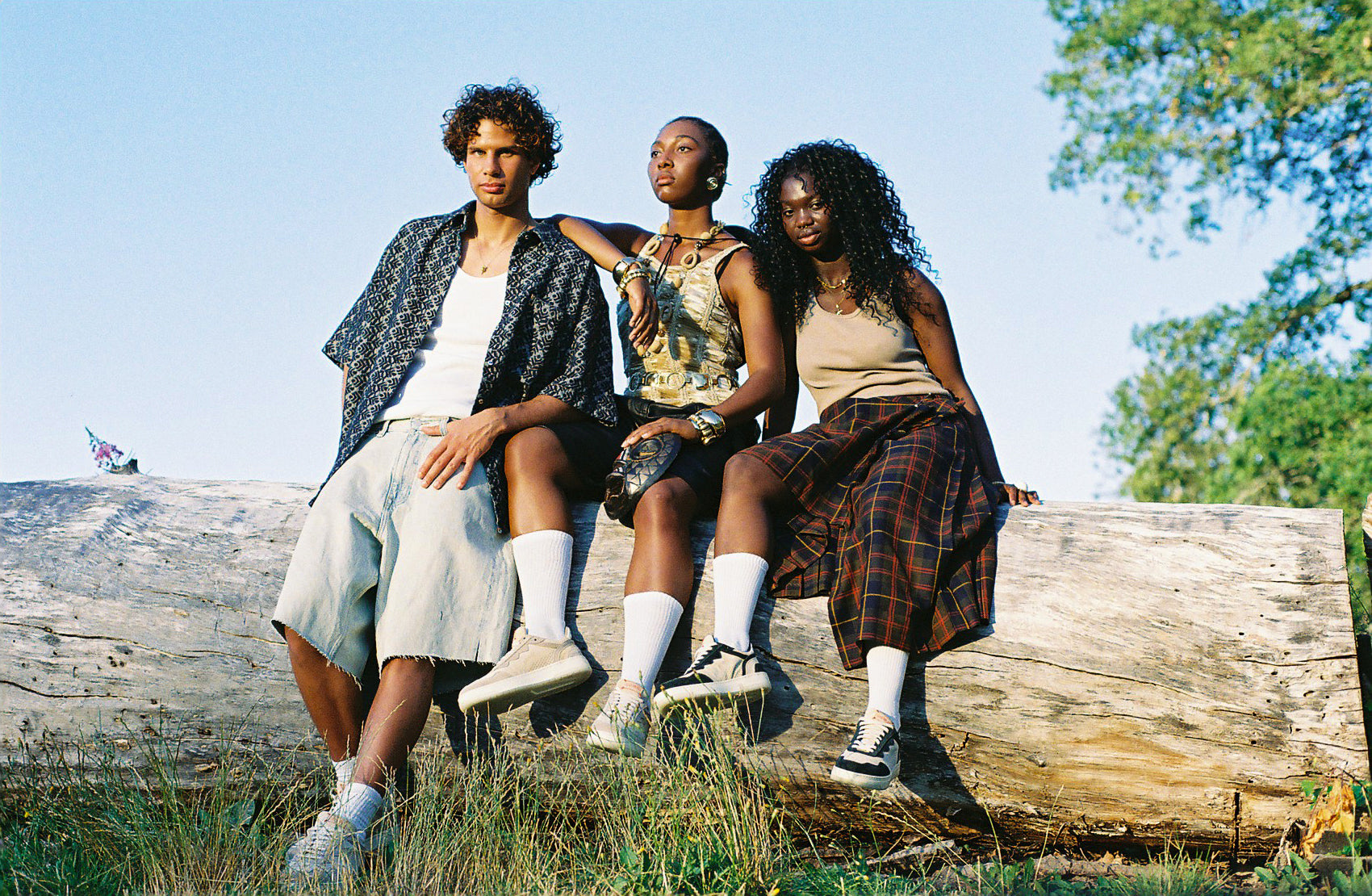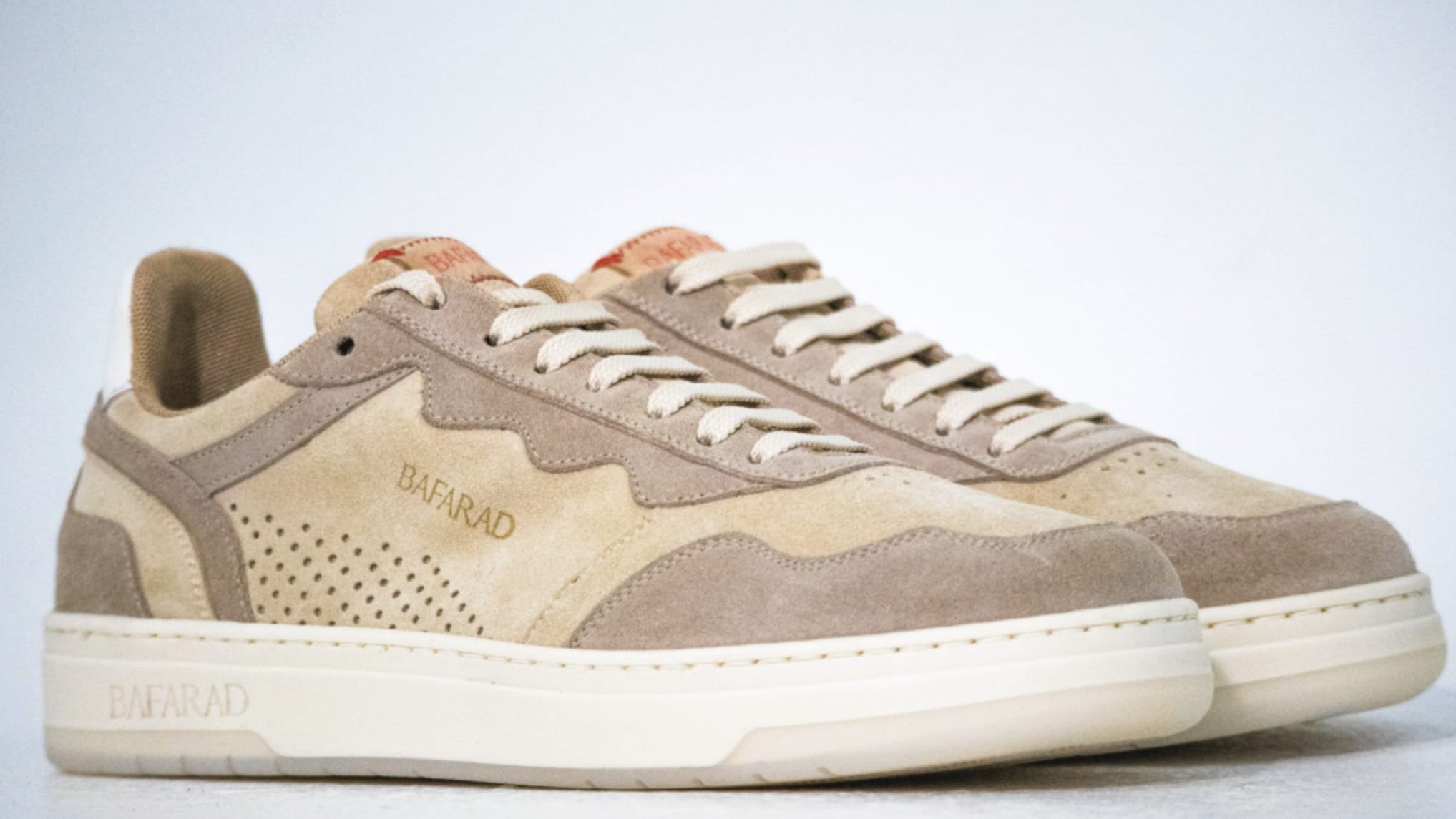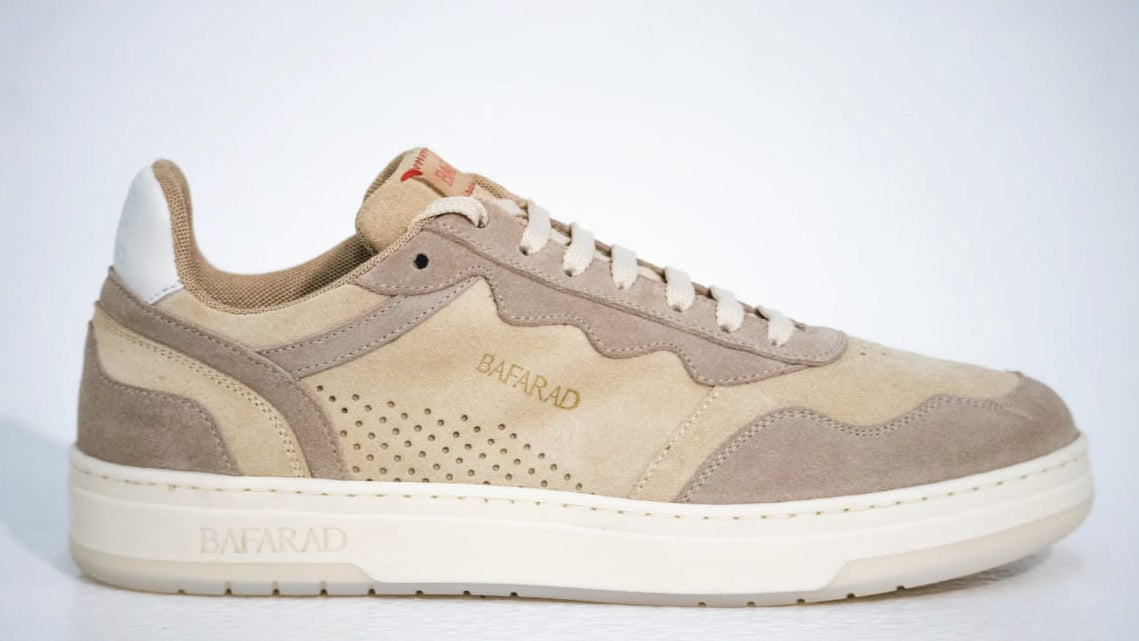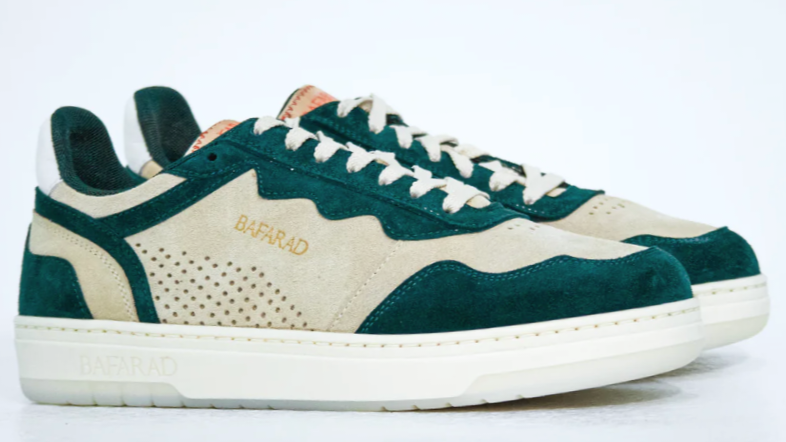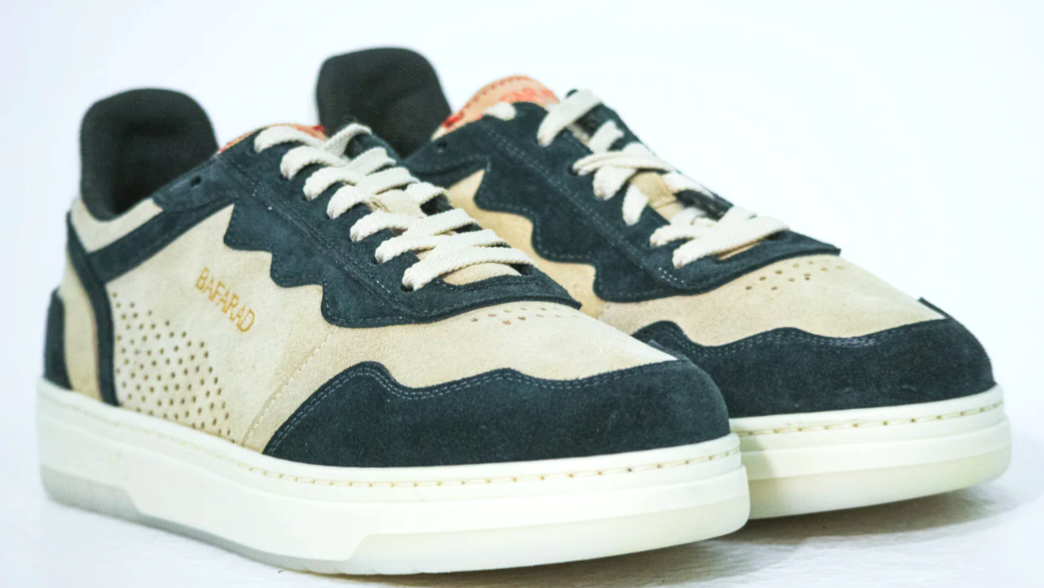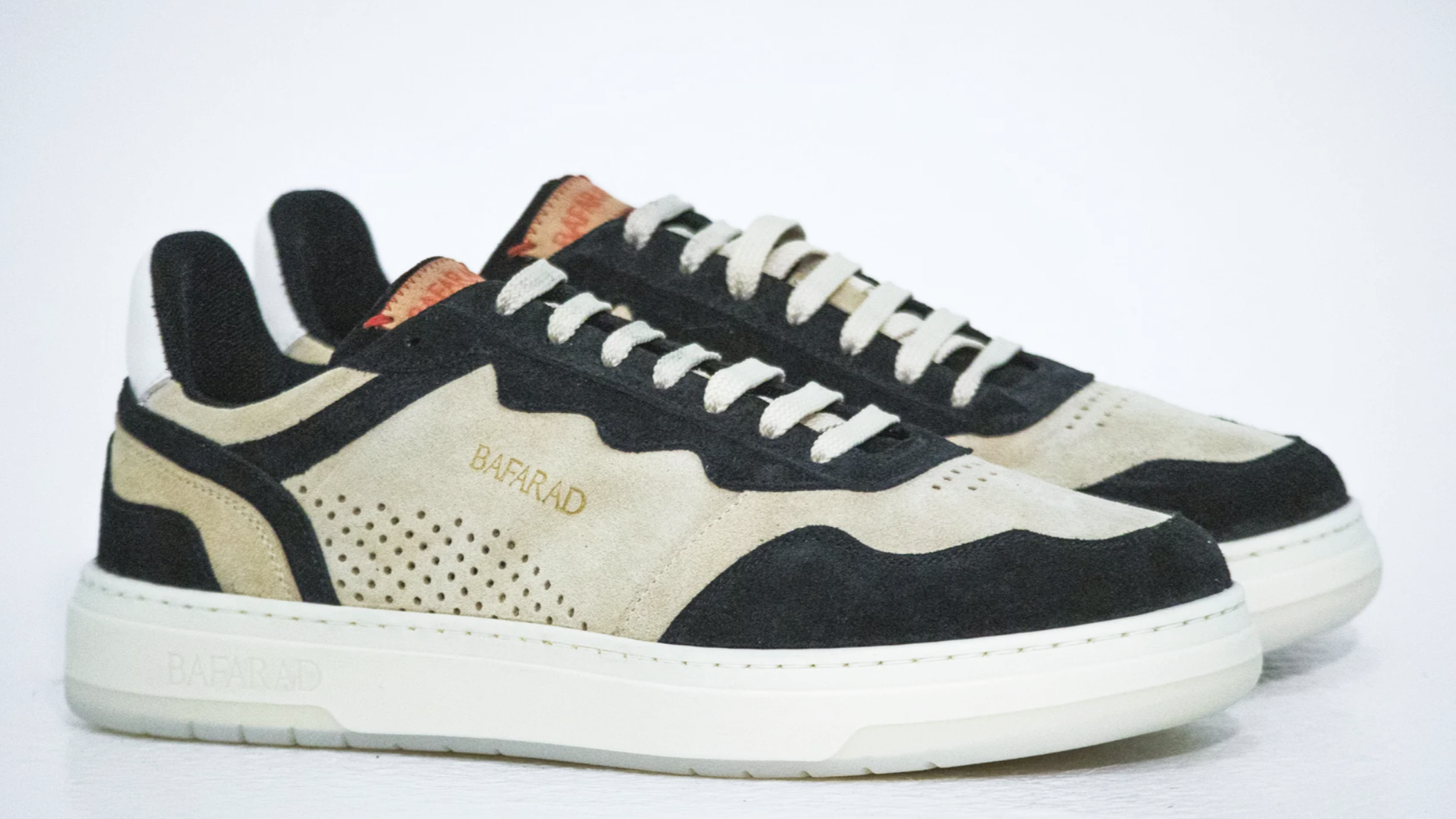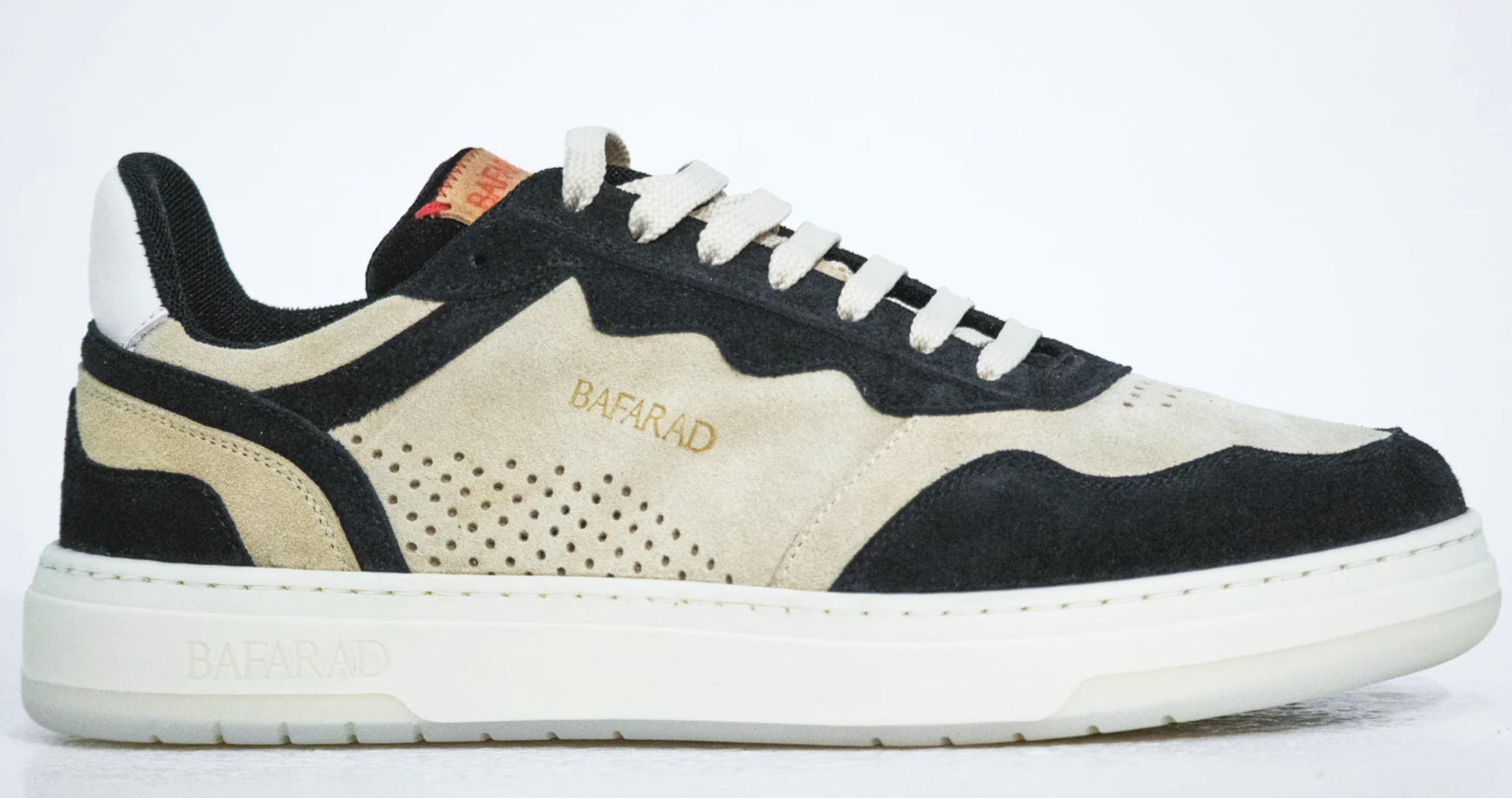Made in Italy
Handcrafted by skilled Italian artisans in Monte San Giusto, Italy. Each sneaker blends tradition with precision.
Responsibly Crafted
Premium Italian calfskin and suede, ethically sourced. Built for luxury you can feel and trust.
Finite Collection
Each Bafarad sneaker is crafted in a small batch, inspired by African design - a story that can’t be replicated.
Debut Collection
Teranga - Azal
Sale price2 300SEK
Teranga - Kore
Sale price2 000SEK
Teranga - Neulle
Sale price2 000SEK
Teranga shoe in action
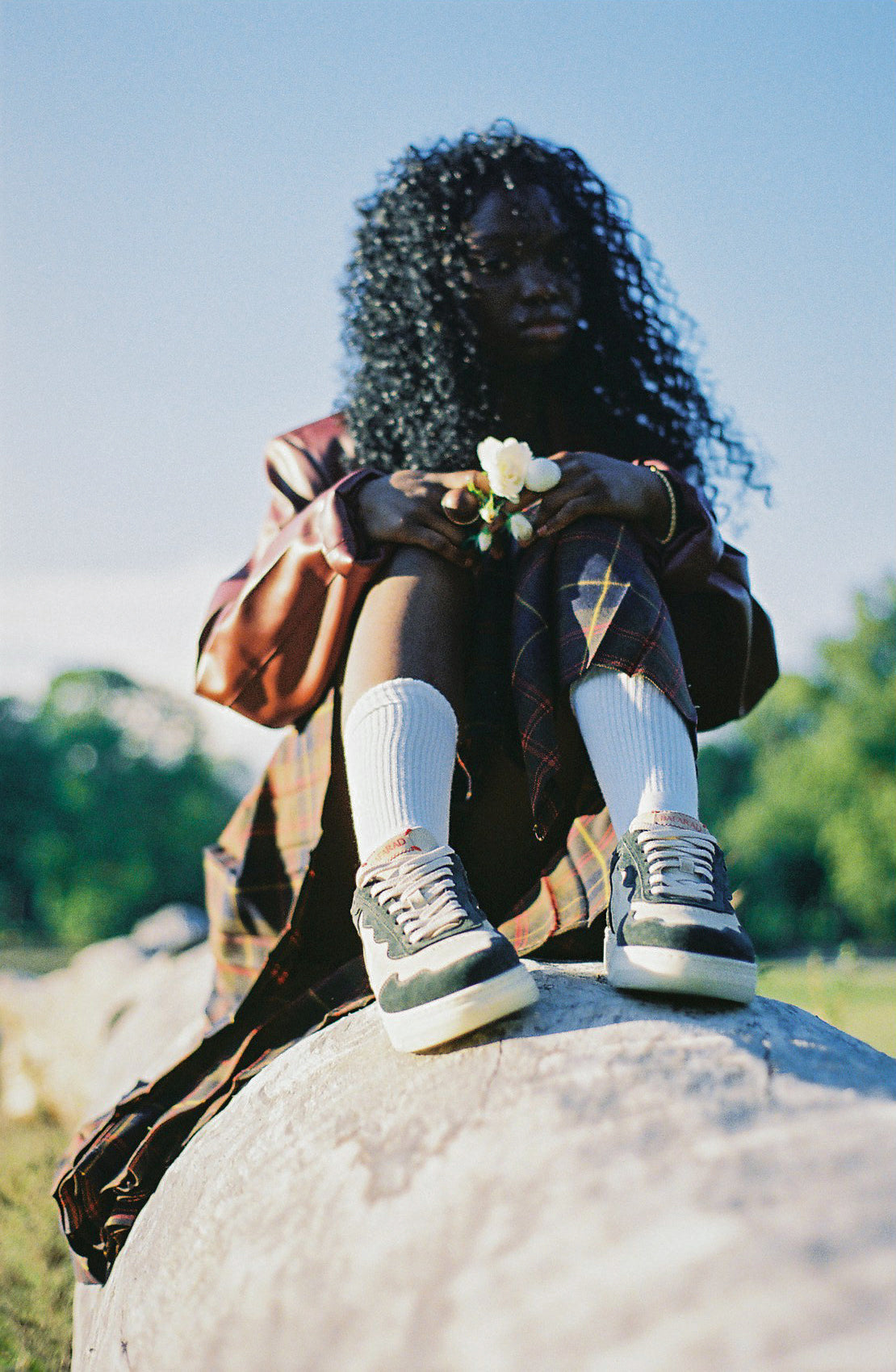
Teranga - Kore

Teranga - Azal
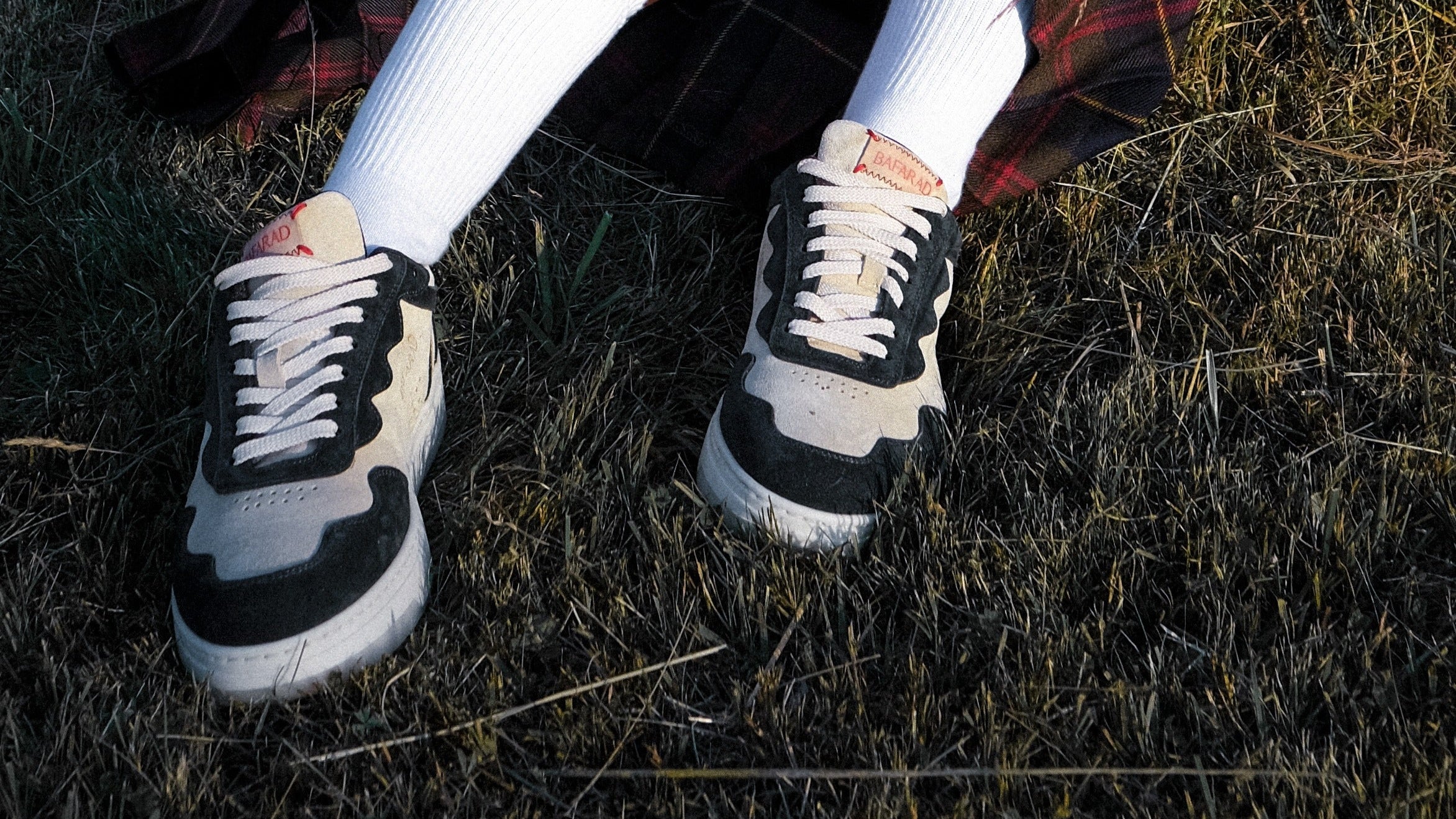
Teranga - Neulle
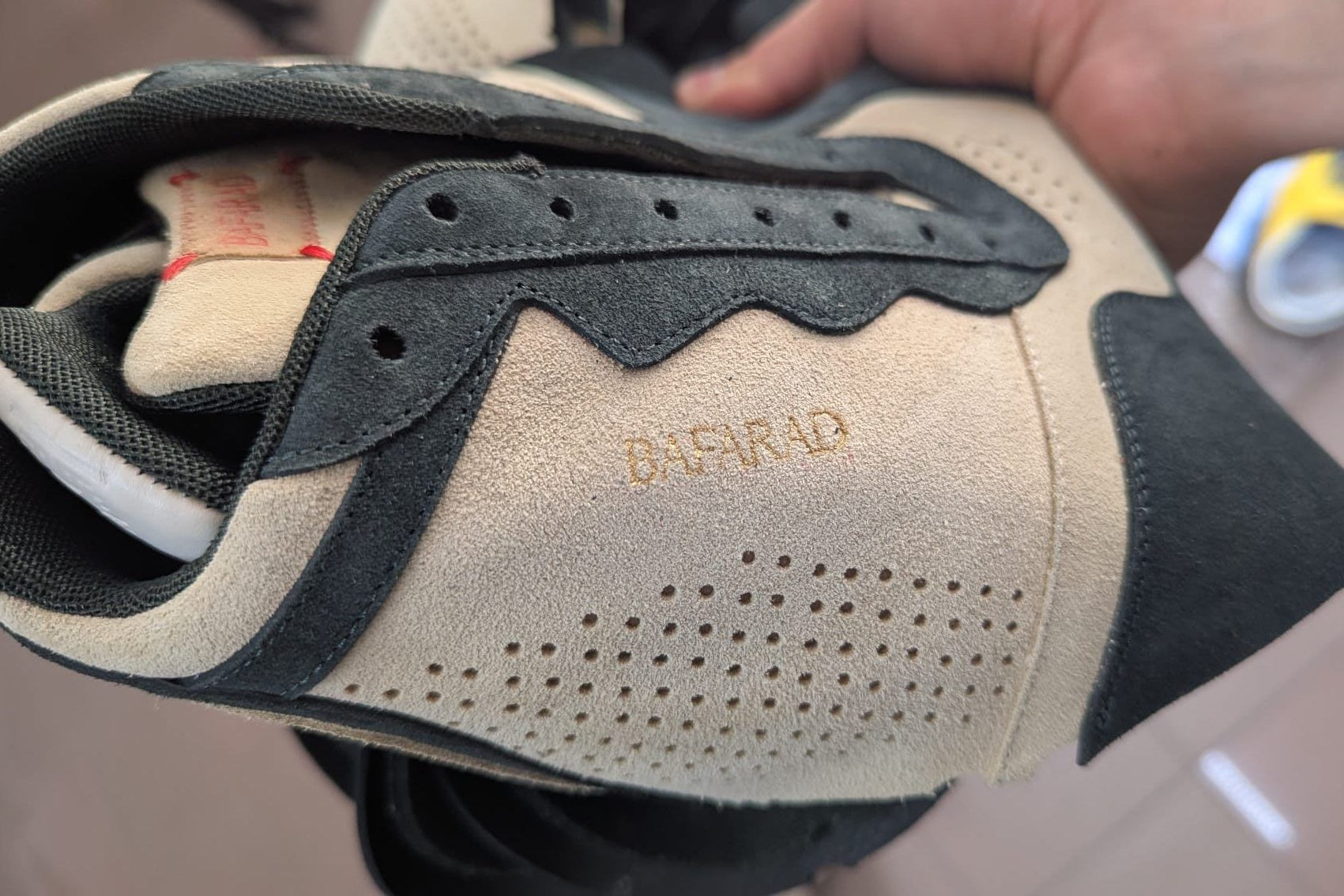
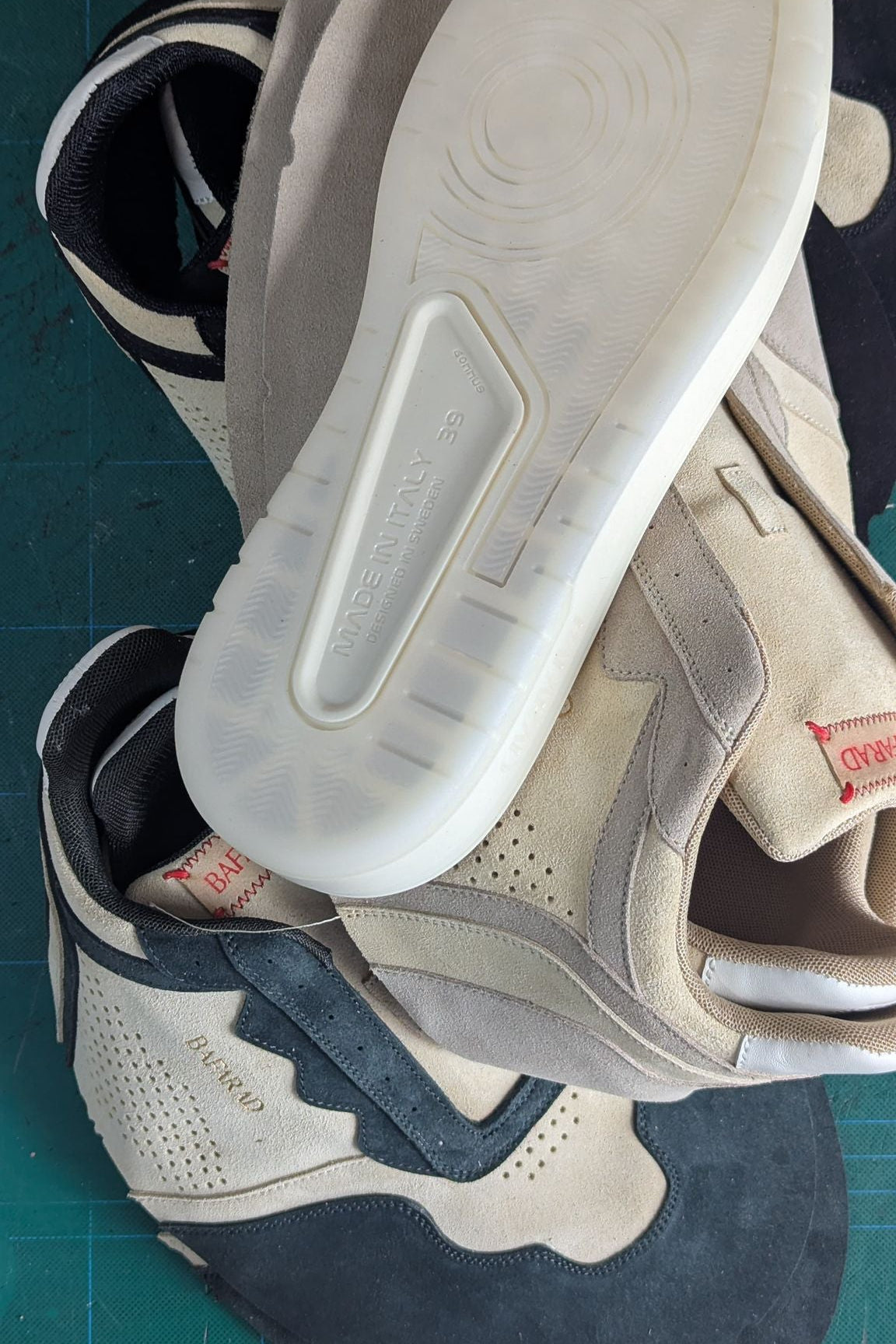
Bafarad
Our story
Born from a sketchbook and a passion for design, we transform imagination into handcrafted Italian footwear.
Each pair draws inspiration from Africa’s creative heritage while remaining rooted in minimal Scandinavian design
